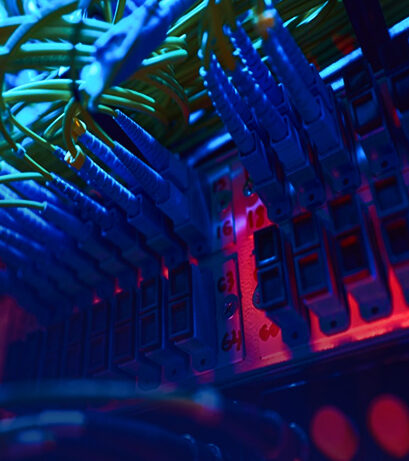Part 2: AI and the Grid: Rethinking Infrastructure for an AI-Powered Future
Not long ago, the common wisdom was that internal data centres were on their way out. The cloud offered greater flexibility, scalability, and global reach. On-premise infrastructure? Seen as expensive, inflexible, and outdated.
But things are changing—and fast.
The surge in AI demand, combined with energy and regulatory pressures, is causing a rethink. Many organisations are rediscovering the value of owning and operating their own infrastructure—especially when it comes to energy resilience and performance control.
Why Internal Data Centres Matter Again
AI workloads are sensitive to latency, energy costs, and compute availability. Public clouds are not immune to grid constraints—they face the same regional bottlenecks and power issues. In some regions, data centres have been put on hold altogether because the grid simply can’t support them.
Internal or hybrid facilities, when modernised, offer real advantages:
-
Control over power sourcing and workload scheduling
-
Proximity to teams, applications, and renewables
-
Predictability in performance, costs, and compliance
Far from being relics, these data centres can become strategic infrastructure assets in a world where power is both a cost and a constraint.
The Opportunity: Build Smarter, Not Bigger
Forward-thinking organisations are transforming their internal data centres with technologies and strategies that reduce grid dependency and improve efficiency:
-
On-site renewable generation (like solar or wind)
-
Battery energy storage systems that manage load intelligently
-
Advanced cooling systems such as liquid and immersion cooling
-
AI workload orchestration that shifts power-hungry jobs to off-peak times
-
Modular or edge designs that scale where and when needed
Takeaway: In a world where energy is becoming the limiting factor, a well-designed internal data centre isn’t a liability—it’s a competitive advantage.
